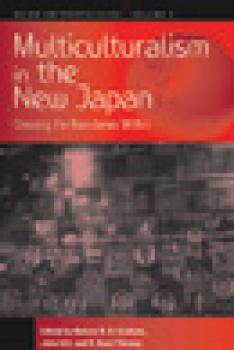Биология
Различные книги в жанре БиологияAnthropology as Ethics
Anthropology as Ethics is concerned with rethinking anthropology by rethinking the nature of reality. It develops the ontological implications of a defining thesis of the Manchester School: that all social orders exhibit basically conflicting underlying principles. Drawing especially on Continental social thought, including Wittgenstein, Merleau-Ponty, Levinas, Dumont, Bourdieu and others, and on pre-modern sources such as the Hebrew bible, the Nuer, the Dinka, and the Azande, the book mounts a radical study of the ontology of self and other in relation to dualism and nondualism. It demonstrates how the self-other dichotomy disguises fundamental ambiguity or nondualism, thus obscuring the essentially ethical, dilemmatic, and sacrificial nature of all social life. It also proposes a reason other than dualist, nihilist, and instrumental, one in which logic is seen as both inimical to and continuous with value. Without embracing absolutism, the book makes ambiguity and paradox the foundation of an ethical response to the pervasive anti-foundationalism of much postmodern thought.
The Bleeding Edge
Capitalism likes us to believe in the steady, inevitable march of progress, from the abacus to the iPad. But the historical record tells of innumerable roads not taken, all of which could have led to better, more equal worlds, and still can. Academic and activist Bob Hughes puts flesh on the bones of the idea that 'another world is possible', using as evidence the technology that capitalism claims as quintessentially its own: the computer in all its forms. Contrary to popular belief capitalism does not do innovation well – instead suppressing or appropriating it. This book shows that great innovations have never emerged from capitalism per se, but always from the utopian moments that occur behind the capitalist's back. And when it does embrace an innovation, the results are often the diametric opposite of what the innovators intended. In this thorough and meticulous work Hughes argues that if we only prioritized equality over materialism then superior and more diverse technologies would emerge leading to a richer more sustainable world. Bob Hughes is an academic, activist, and author. Formerly he taught electronic media Oxford Brookes University and now spends his time researching and campaigning against inequality. He is author of Dust or Magic, a book for digital multimedia workers, about how people «do good stuff with computers.» He is a member of No One is Illegal, which campaigns for the total abolition of immigration controls, for whom he has written many articles.
Dynamic Forest
Nearing the end of a lifetime in the boreal forest, a retired forester writes a passionate plea for rational, science-based forest management. The boreal forest is constantly changing, often dramatically. We like to picture it as a stable, balanced system. Really, it is anything but stable. The boreal forest is dynamic. For over sixty years, forester Malcolm F. Squires has seen mature forests within protected areas devastated by insects, moose, wind, and wildfire. While the forests often return from this destruction, they are never quite the same. A naturally balanced boreal forest is a human notion that does not match the reality of nature. If we don’t soon recognize and accept that reality and stop making irrational demands that a forest be “protected” from change or human management, we may be dooming them to disaster.









